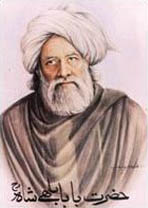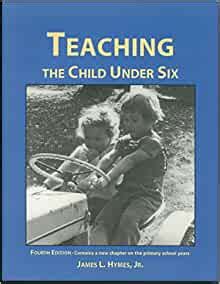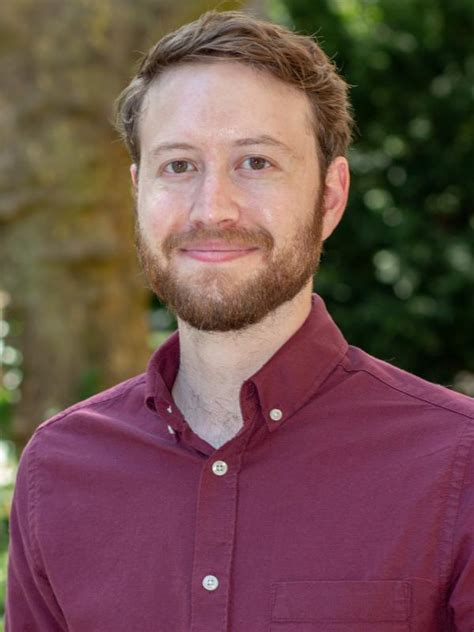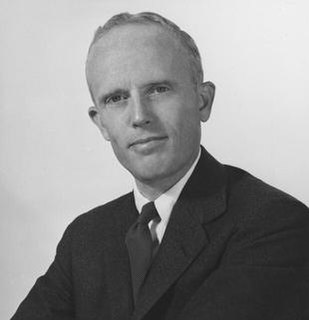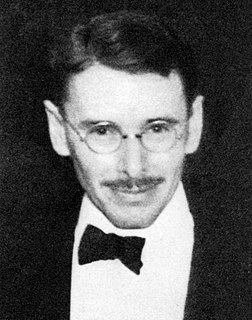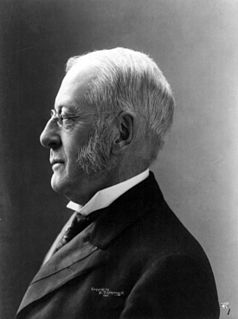A Quote by Bulleh Shah
EDUCATION IS VITAL TO DISCERN BETWEEN KNOWLEDGE AND LEARNING
Related Quotes
We've bought into the idea that education is about training and "success," defined monetarily, rather than learning to think critically and challenge. We should not forget that the true purpose of education is to make minds, not careers. A culture that does not grasp the vital interplay between morality and power, which mistakes management techniques for wisdom, which fails to understand that the measure of a civilization is its compassion, not its speed or ability to consume, condemns itself to death.
Edward Snowden's real "crime" is that he demonstrated how knowledge can be used to empower people, to get them to think as critically engaged citizens rather than assume that knowledge and education are merely about the learning of skills - a reductive concept that substitutes training for education and reinforces the flight from reason and the goose-stepping reflexes of an authoritarian mindset.
Just as the education of nerve and sinew is vital to the excellent athlete and education of the mind is vital to the scholar, education of the conscience is vital to the truly proactive, highly effective person. Training and educating the conscience, however, requires even greater concentration, more balanced discipline, more consistently honest living. It requires regular feasting on inspiring literature, thinking noble thoughts and, above all, living in harmony with its still small voice.
Knowledge about yourself binds, weighs, ties you down; there is no freedom to move, and you act and move within the limits of thatknowledge. Learning about yourself is never the same as accumulating knowledge about yourself. Learning is active present and knowledge is the past; if you are learning to accumulate, it ceases to be learning; knowledge is static, more can be added to it or taken away from it, but learning is active, nothing can be added or taken away from it for there is no accumulation at any time.
During the last century, and part of the one before, it was widely held that there was an unreconcilable conflict between knowledge and belief. The opinion prevailed amoung advanced minds that it was time that belief should be replaced increasingly by knowledge; belief that did not itself rest on knowledge was superstition, and as such had to be opposed. According to this conception, the sole function of education was to open the way to thinking and knowing, and the school, as the outstanding organ for the people's education, must serve that end exclusively.
To oscillate between drill exercises that strive to attain efficiency in outward doing without the use of intelligence, and an accumulation of knowledge that is supposed to be an ultimate end in itself, means that education accepts the present social conditions as final, and thereby takes upon itself the responsibility for perpetuating them. A reorganization of education so that learning takes place in connection with the intelligent carrying forward of purposeful activities is a slow work. It can be accomplished only piecemeal, a step at a time.
To the security of a free Constitution it [knowledge] contributes in various ways: by teaching the people themselves to know and to value their own rights, to discern and provide against invasions of them, to distinguish between oppression and the necessary exercise of lawful authority, between burdens proceeding from a disregard to their convenience and those resulting from the inevitable exigencies of society.
